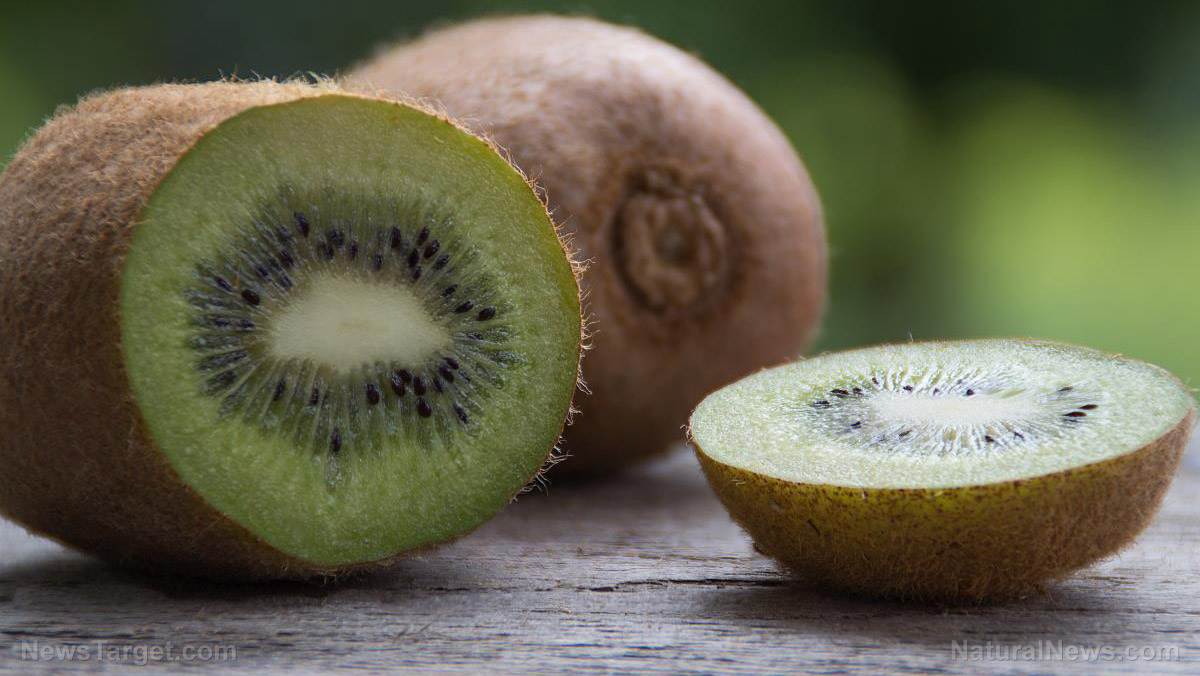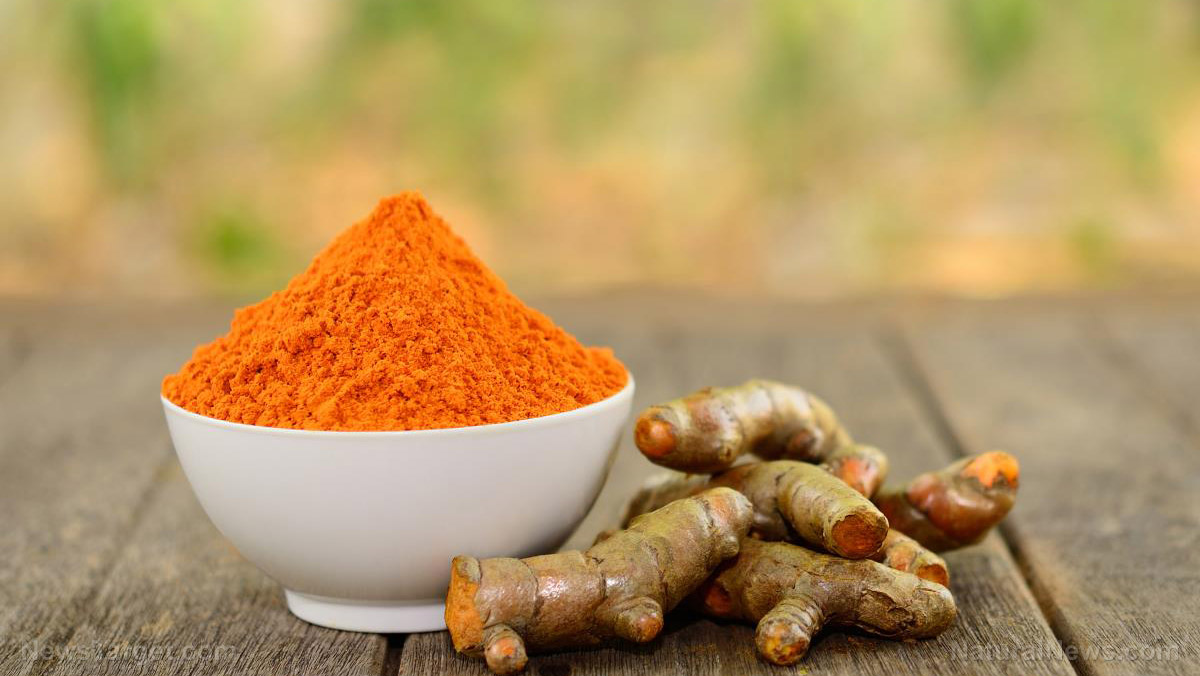Kiwis can safely and naturally ease chronic constipation
12/09/2018 / By Ellaine Castillo

The sweet and creamy kiwifruit has been used in traditional Chinese medicine for centuries because of its ability to promote proper digestion. This knowledge encouraged researchers to explore the fruit’s potential as a natural remedy for gastrointestinal problems such as chronic constipation, which affects more than 20 percent of the American population.
Constipation is a condition characterized by less than three bowel movements per week and difficult passage of stools. This gastrointestinal problem is commonly caused by physical inactivity and poor diet, as well as aging. Most of the time constipation will naturally resolve itself. If it continues to persist for more than a few weeks, then it is considered chronic, and healthcare professionals may recommend taking laxatives. These medications are associated with side effects like diarrhea, cramps, electrolyte imbalance, and dehydration — so it might be for the best if you don’t take them and opt for natural remedies instead.
Kiwi is familiar to most people because of its unique brown fuzzy exterior and bright green flesh. It has long been used as a folkloric treatment for gastrointestinal problems, but it’s just recently that scientists found sufficient evidence for its effectiveness. Studies have shown that eating kiwi significantly improves the softness and bulk of stools, making it easier for them to pass through the intestines and be removed from the body. Even if you’re not suffering from constipation, you can also regularize your bowel movement by eating kiwi daily, and it won’t cause side effects such as diarrhea.
100% organic essential oil sets now available for your home and personal care, including Rosemary, Oregano, Eucalyptus, Tea Tree, Clary Sage and more, all 100% organic and laboratory tested for safety. A multitude of uses, from stress reduction to topical first aid. See the complete listing here, and help support this news site.
The therapeutic potential of kiwi can be attributed to the phytochemicals actinidin and pectin. Actinidin is an enzyme that improves the flow of things through the digestive tract while pectin is a fiber that bulks up the stool for easier passage. In addition, these two compounds can serve as prebiotics, which are the foods of beneficial gut bacteria, and prevent the growth of pathogenic bacteria. Kiwi pectin specifically has been found to inhibit the growth of Salmonella by reducing their ability to stick to the gut and promote Lactobacillus growth by increasing its stickiness. These properties don’t just benefit gastrointestinal health, but immune functions as well since 70 to 80 percent of the immune system is found in the gut.
A study published in the Asia Pacific Journal of Clinical Nutrition also revealed that kiwi has potential use as a natural remedy for another common gastrointestinal disorder called irritable bowel syndrome. Patients who have this condition suffer from both constipation and diarrhea so some remedies for the former might encourage the latter and vice versa. However, when they observed the effects of eating kiwi, they found that it improved overall bowel function without the risk of aggravating either of the symptoms. Moreover, it also prevented the production of chemicals that promote inflammation so it might be effective against inflammatory bowel disease as well.
Overall, previous studies show that kiwi has potential use against various gastrointestinal disorders so if you want to improve your gut health, it might be the fruit for you. (Related: DIY kiwi smoothie to clean your body from harmful toxins.)
Other health benefits of kiwi
If you decide to eat kiwis regularly, then you can also enjoy the following health benefits:
- Kiwi regulates blood pressure
- Kiwi protects DNA from damage
- Kiwi promotes weight loss
- Kiwi prevents macular degeneration
- Kiwi improves skin
- Kiwi maintains blood sugar
For more articles about natural remedies for chronic constipation, visit NaturalCures.news.
Sources include:
Tagged Under: actinidin, bowel movement, chronic constipation, digestive system, Fresh, fruits, gastrointestinal problems, gut health, IBS, inflammatory bowel disease, irritable bowel syndrome, Kiwi, natural remedies, pectin, prebiotics, prevention, raw food, traditional Chinese medicine




















